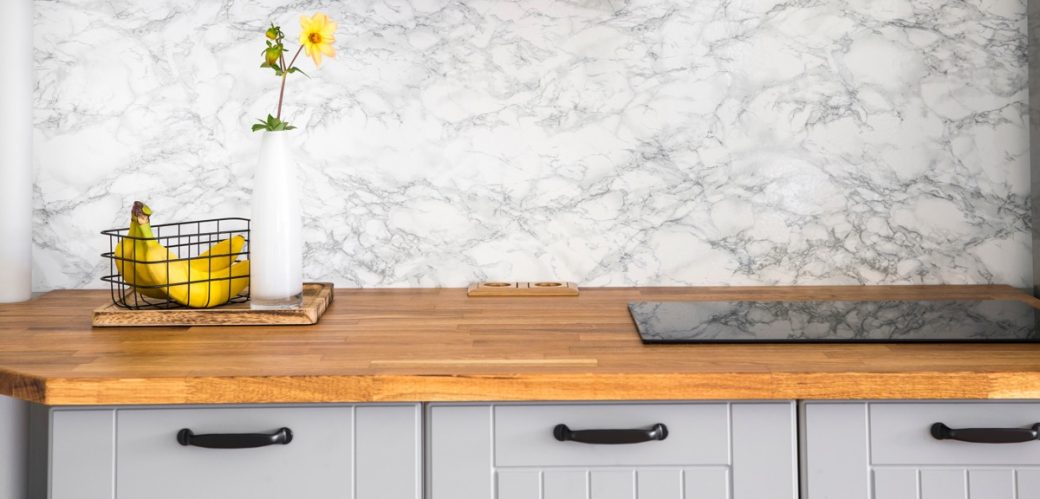When you need a plumber, it’s important to find one near you quickly and affordably. You can ask friends and neighbors, look for local online directories, or check with your insurance company or realtor to see if they have any recommended plumbers. Once you have a list of potential plumbers, ask them for licensure information and professional references. Also, ask for an estimate of how long the job should take and what materials will be needed.
The best plumbers have experience working on a wide range of plumber near me Fayetteville issues and can provide sound advice about the best ways to fix problems and prevent future ones. They will also be able to give you an idea of how much the job should cost, which will help you budget for the repair work.
Some of the most common plumbing issues that people need to call in a plumber for are:
Water on the floor around toilets, sinks, or bathtubs.
A strange odor coming from drains or sewer lines.
Unusually high or low water pressure.
Faulty fixtures, such as faucets or showerheads that don’t turn on or off when you need them to.
A clogged toilet or drain that doesn’t respond to plunger treatments.
Plumbing contractors specialize in installing and repairing the pipes, pumps and other equipment used for water and sewage in a home or business. They can install new kitchen and bathroom appliances, repair or replace old fixtures, and handle many other types of plumbing projects. Many plumbers also specialize in specific areas, such as installing or repairing water heaters, garbage disposals, sump pumps and more.
Plumbers near me can provide emergency repairs when needed, including burst pipes and flood damage. They can also advise homeowners about water conservation and energy efficiency. They can also assist with remodeling projects and add or relocate fixtures to accommodate changes in use.
Before you call a plumber, it’s helpful to know when it’s an emergency and when the problem can wait for normal business hours. Some signs that you may need to call a plumber include:
Water anywhere it shouldn’t be, such as in the basement or on the ceiling (which can cause structural damage).
Discolored or sagging patches on the ceiling or walls.
An unexplained increase in your water bill.
Some plumbing jobs require the plumber to shut off the water to the home, which can be dangerous if not done correctly. You should always ask your plumber how long the water will need to be off, and what steps they will take to keep you and their crew safe while the work is underway.
There are a number of plumbing services available for both emergencies and non-emergencies, so you can usually find the right fit for your needs. Some plumbers will even offer free estimates for plumbing projects, so you can make a well-informed decision. In some cases, the plumber can even come out to your home to assess the situation before giving you an exact price quote.

